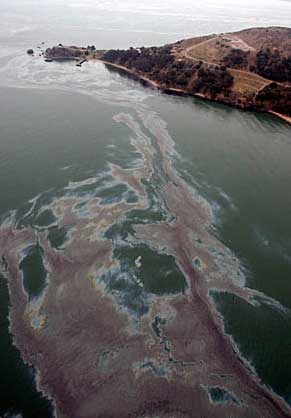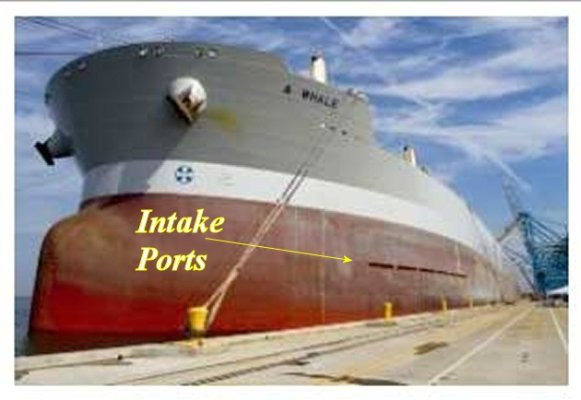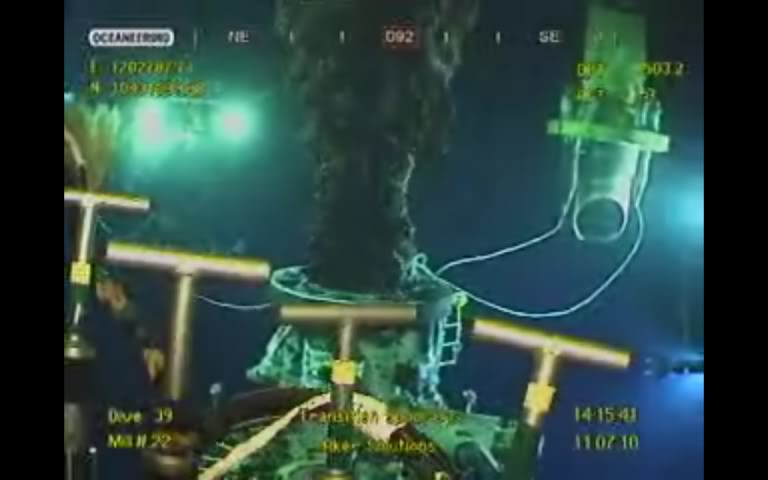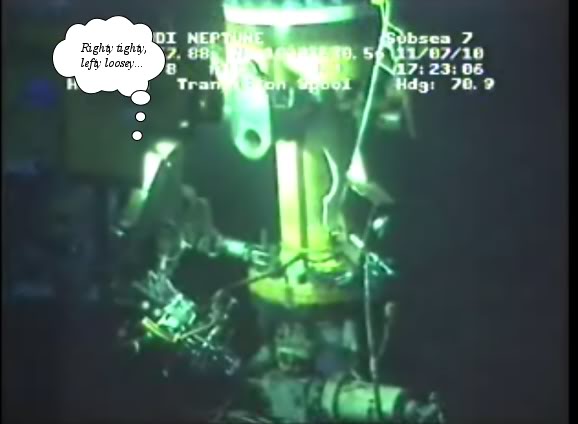ronocnikral
Full time employment: Posting here.
- Joined
- Apr 26, 2010
- Messages
- 853
My point is that it's a myth that with the right management and equipment we could go out there and clean up this mess.
mmm...one thing is for sure, we'll never know unless we have some action.
There is some measure of water using a foot... AHH... like acre feet... that would be the better measure as the oil looks like it is not even a foot deep... so I agree that T-Al is a bit off with cubic mile
ERD... I know you said it is not together... but I doubt that the ship could scoop up 10X the leak even if it were together... it will be ingesting a lot of water with any oil... I am not sure of the ratio... but would not be surprised if it were 10X.... or even 100X of water to oil...
i am highly skeptical that the oil is a foot deep on average. even an inch would surprise me...
i'm surprised the gov't won't let them skim...if the tools are available something is better than nothing. I'm having a hard to coming up with a downside to skimming...





